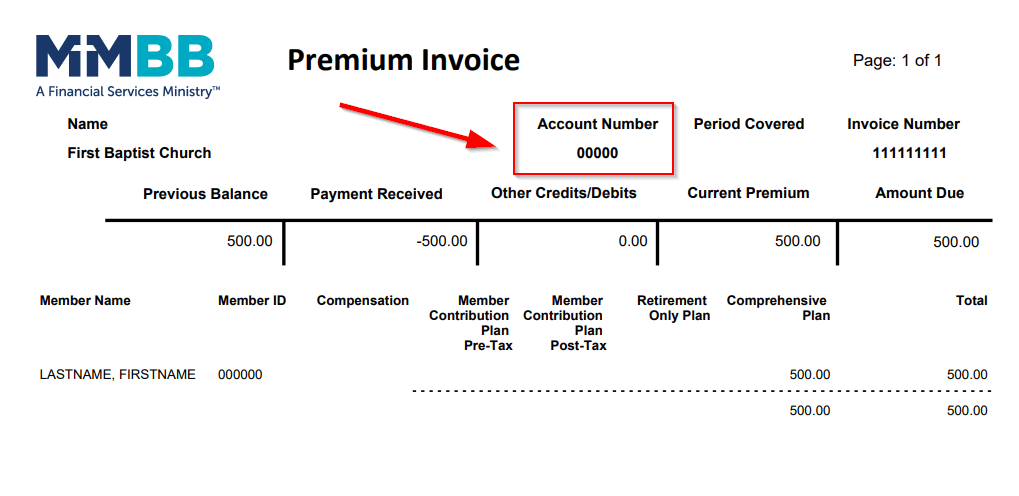If you sign up for a my Social Security account at socialsecurity.gov, you can view your Social Security Statement online. Your statement contains a detailed record of your earnings, as well as estimates of retirement, survivors, and disability benefits, along with other information about Social Security that will be very useful when planning for retirement. If you’re not registered for an online account and are not yet receiving benefits, you’ll receive a statement in the mail every five years, from age 25 to age 60, and then annually thereafter.
When Congress unexpectedly eliminated two Social Security claiming strategies as part of the Bipartisan Budget Act of 2015, retirement planning got a little more complicated for people who expected to use those strategies to boost their retirement income. Here are some questions and answers that could help if you are wondering how the new rules might affect you.
What’s Changing?
The provision of the budget bill called “Closure of Unintended Loopholes” primarily addresses two Social Security claiming strategies that have become increasingly popular over the last several years. These two strategies, known as “file and suspend” and “restricted application for a spousal benefit,” have often been used to increase cumulative Social Security income for married couples. The budget bill has eliminated those strategies for most future retirees, but you may still have time to take advantage of them, depending on your age.
File and suspend
Under the old rules, an individual who had reached full retirement age could file for retired worker benefits in order to allow a spouse or dependent child to file for a spousal or dependent benefit. The individual could then suspend the retired worker benefit in order to accrue delayed retirement credits and claim an increased worker benefit at a later date, up to age 70. For some couples and families, this strategy increased their total lifetime combined benefit.
Under the new rules, effective for suspension requests submitted on or after April 30, 2016 (or later if the Social Security Administration provides additional guidance), the worker can file and suspend and accrue delayed retirement credits, but no one can collect benefits on the worker’s earnings record during the suspension period, effectively ending the file-and-suspend strategy for couples and families. The new rules also mean that a worker who files and suspends can no longer request a lump-sum payment in lieu of receiving delayed retirement credits for the period during which benefits were suspended. (This previously available option was helpful to someone who faced a change of circumstances, such as a serious illness.)
Restricted application
Under the old rules, a married individual who had reached full retirement age could file a “restricted application” for spousal benefits after the other spouse had filed for retired worker benefits. This allowed the individual to collect spousal benefits while delaying filing for his or her own benefit, in order to accrue delayed retirement credits.
Under the new rules, an individual born in 1954 or later who files a benefit application will be deemed to have filed for both worker and spousal benefits, and will receive whichever benefit is higher. He or she will no longer be able to file only for spousal benefits.
The bottom line
A limited window still exists to take advantage of these two claiming strategies. If you are currently at least age 66 or will be by April 30, 2016, you may be able to use the file-and-suspend strategy to allow your eligible spouse or dependent child to file for benefits, while also increasing your future benefit. To file a restricted application and claim only spousal benefits at age 66, you must be at least age 62 by the end of December 2015. At the time you file, your spouse must have already claimed Social Security retirement benefits or filed and suspended benefits before the effective date of the new rules.
Why did Congress act now?
Both the file-and-suspend and the restricted application strategies were made possible by the Senior Citizens Freedom to Work Act of 2000. Part of this Act’s original intent was to enable individuals to change their minds in the event they determined that they wanted to work longer but were already receiving Social Security retirement benefits. However, this opened up some claiming strategies that, while legal, went beyond the original intent of the legislation. Congress used the budget bill to close these loopholes in order to save money and slightly reduce the long-range actuarial deficit faced by the Social Security trust funds.
What if you’re already using one of these strategies?
If you are already using the file-and-suspend or the restricted application strategy, you will not be affected by the new rules. You have already met the age requirements.
How are benefits for surviving spouses affected?
Rules affecting surviving spouses have not changed. If you are eligible for both a survivor benefit and a retirement benefit based on your own earnings record, you can still opt to receive one benefit first, then switch to the other higher benefit later.
What planning opportunities still exist?
Even if you can no longer take advantage of the file-and-suspend and restricted application strategies, you may still benefit from considering your Social Security filing options. The age when you begin receiving Social Security benefits can significantly affect your retirement income and income that is available to your survivors.
Basic options for claiming Social Security remain unchanged. Currently, the earliest age at which you can receive Social Security retirement benefits is 62, but if you choose to take benefits before your full retirement age (66 to 67, depending on the year you were born), your benefit will be permanently reduced by as much as 30%. On the other hand, if you delay receiving Social Security benefits past your full retirement age, you’ll receive delayed retirement credits, which will increase your benefit by 8% for each year you delay, up to age 70.
Determining when to file for Social Security benefits is one of the biggest financial decisions you’ll need to make as you approach retirement. There’s no “one-size-fits-all” answer--it’s an individual decision that must be based on many factors, including other sources of retirement income, whether you plan to continue working, how many years you expect to spend in retirement, and your income tax situation. It’s especially complicated when you’re married because you and your spouse will need to plan together, taking into account the Social Security benefits you each may be entitled to, including survivor benefits.
Although some claiming options are going away, plenty of planning opportunities remain; contact an MMBB retirement planning professional today to see how you can get the most from your Social Security benefit.
Back to Financial Resource Center









